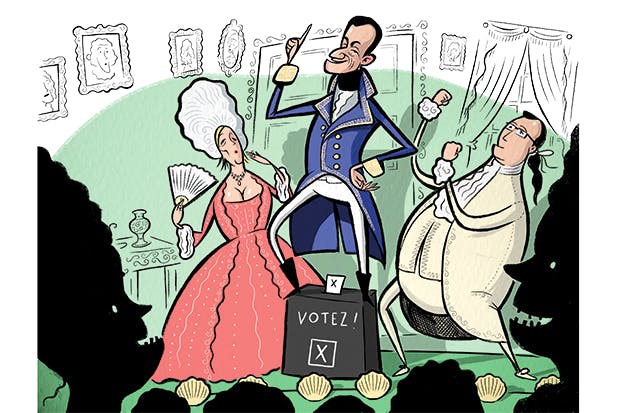Almost 50 years before Brexit, there was a ‘Frexit’: France shocked her allies in March 1966 by giving notice of her withdrawal from an international community of largely European states (plus the USA and Canada), of which she had been a member for 17 years, on the grounds that she wished to regain her national sovereignty. French withdrawal from the integrated military command of NATO was complete within two years. Though France remained a member of the Atlantic Council and subsequently negotiated a continued role in certain NATO institutions, she left the all important collective military command which France’s president General de Gaulle claimed bridled her independence and her ability to play a world role. He was particularly hostile to NATO’s strategy of ever-increasing integration.
The similarities and differences between this early ‘Frexit’ and future Brexit are instructive. France and Britain are two very similar medium-sized powers in terms of population (66 million), economy (5th or 6th world-ranking GDP), international power (permanent members of UN security council, G7, G20), military power and force projection (NATO nuclear powers with similar defence expenditure), and with comparable imperial histories.

Britain’s best politics newsletters
You get two free articles each week when you sign up to The Spectator’s emails.
Already a subscriber? Log in







Comments
Join the debate for just £1 a month
Be part of the conversation with other Spectator readers by getting your first three months for £3.
UNLOCK ACCESS Just £1 a monthAlready a subscriber? Log in